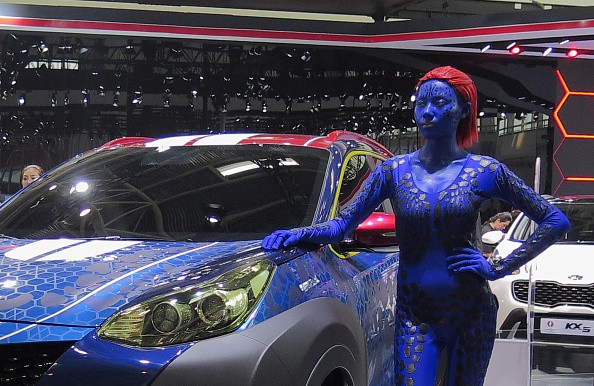There is no doubt that the United States and Europe are far ahead in technology related to self-driving car development, but China is trying to catch up with them with a controlling structure that may put the country ahead in the race.
It is expected that this year China may unveil a draft roadmap for highway-ready, self-driving cars in the ensuing three to five years and autonomous vehicles for driving in urban areas by 2025. The draft will define the technical standards, counting a common language for all such cars to communicate with one another; infrastructure as well as regulatory guidelines, Reuters reported.
According to Li Keqiang, an automotive engineering professor at Tsinghua University, who chairs the committee drafting the plan, the draft roadmap will introduce a unified framework, which would be different from a mélange of state laws as well as standards prevailing in the United States. The committee is supported by the dominant Ministry of Industry and Information Technology.
Recently, a former safety chief for the National Highway Traffic Safety Administration, David Strickland, said in Beijing that in the absence of such coordination, the patchwork of state laws and standards may restrain the progress of self driving car development in the United States. On the other hand, the top-down approach of China may see the country surpass the U.S. and Europe, where the auto manufacturers themselves decide on the industry standards.
China's top-down approach could see it overtake the U.S. and Europe, where automakers have generally been left to agree among themselves on industry standards. A push for self-driving and electric cars also fits with Beijing's shift to an economy driven by high-tech and consumer industries rather than heavy industry and low-end manufacturing, AFP reported.
Chinese carmakers have already demonstrated the progress made by them in developing self-driving vehicles at the recently held Beijing International Automotive Exhibition, which offered a picture of the emerging trends in the largest auto market globally. According to the China Association of Automobile Manufacturers, China is currently placed number on for electric models having sold an estimated 247, 000 "zero emission" cars last year.
Currently, just about one percent of cars in China are electric. However, authorities are promoting electric cars as a possible solution to the air pollution health crisis plaguing the country. In fact, the central government offers 55,000 yuan ($8,500) subsidy to buyers for each electric car and these vehicles have been exempted from traffic restrictions.
Watch the video "China to take on Google with its self-driving cars" below:



























